By now, we all know that organic cotton is much better for the environment and for your health than conventional cotton, but we don't often hear much about how organic cotton is produced and what growing organic cotton really looks like.
If you're interested not just in the "why" of organic cotton but also the "how," this is the perfect post for you! From start to finish, organic cotton products are produced much differently than conventional cotton products. This week, we're walking you step by step through the entire production processes and how they differ.
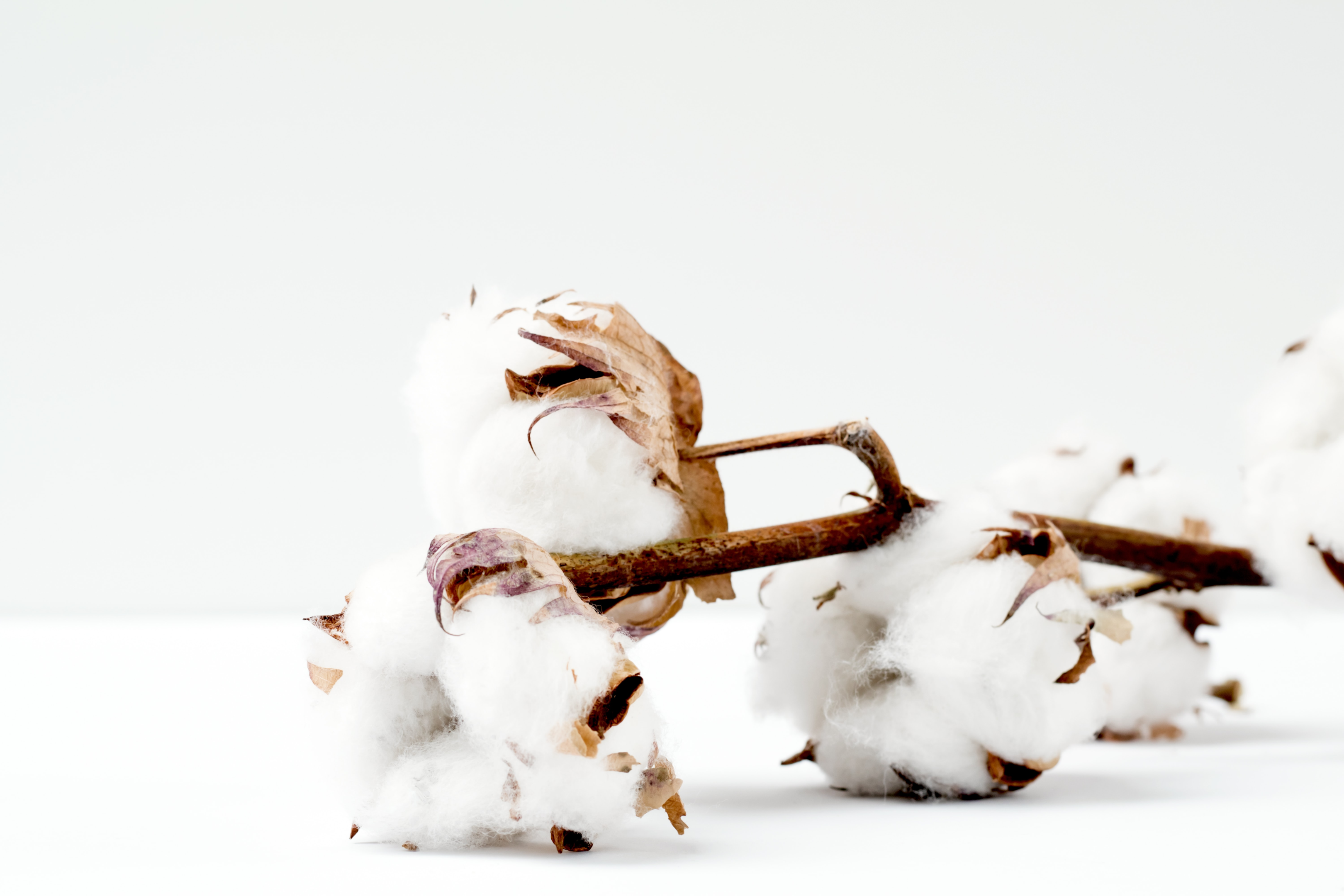
Conventional Cotton vs. Organic Cotton
Before we dive into the production details, let's do a quick recap on the difference between conventionally grown cotton and organic cotton.
Conventional cotton is often referred to as the dirtiest crop in the world because of the staggering volume of pesticides that is used to produce the crops. It's estimated that cotton uses 16% of the world's pesticide consumption, and this has dire consequences for the environment and our health.
Certified organic cotton, on the other hand, uses absolutely no pesticides, insecticides, or harmful chemicals, so it greatly reduces its environmental impacts on the planet. In addition to this, it also uses an Eco friendly production process, which we'll dive into next.
One more note before we move on: to ensure your organic textiles are actually as good as they claim to be, make sure they have an official organic trade association certification, such as GOTS certified.
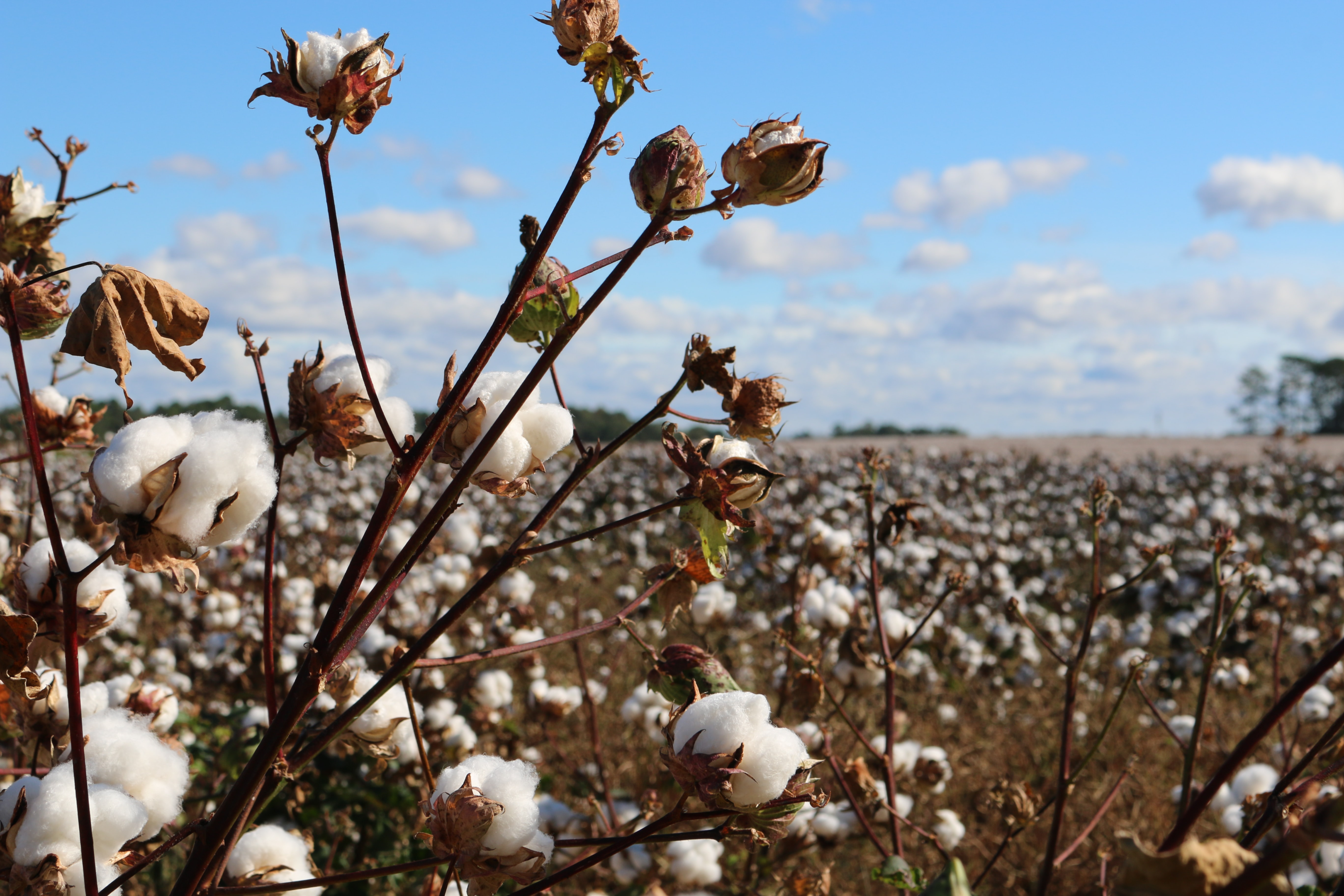
How is Organic Cotton Grown?
The difference between certified organic cotton and conventional cotton starts from the very beginning. Conventional cotton seeds are often GMO and are sprayed with pesticides, whereas organic cotton seeds are GMO free and untreated.
The next thing to consider is the soil that the cotton is grown in. Conventional cotton production is extremely hard on the soil and surrounding environment for a number of reasons. It uses intensive irrigation and mono crop production, so the soil very quickly becomes depleted. And of course, the soil is also treated with high levels of toxic chemicals.
Organic cotton production, on the other hand, doesn't just focus on avoiding harmful chemicals, but it also practices biologically diverse agriculture. Organic production systems replenish the soil through crop rotation and fertilizing with organic matter.
Finally, all crops need a form of pest control, and again, organic cotton and convention cotton take very different approaches. Conventional cotton removes pests by heavily spraying the crops with harmful pesticides and insecticide. Organic cotton deals with pests by introducing beneficial insects as a natural form of insecticide. This is essential to maintain soil fertility and support the surrounding Eco system.
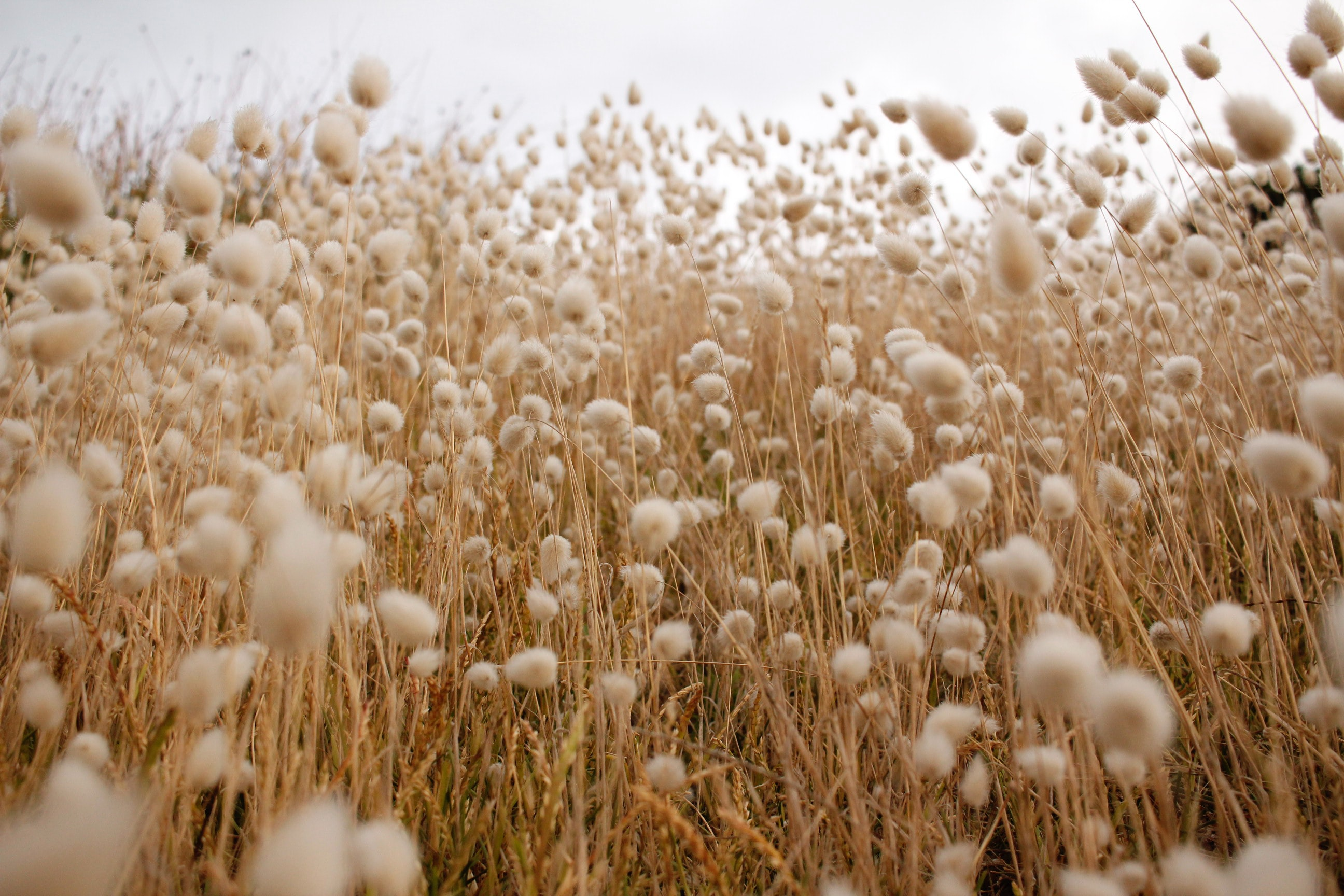
How is organic cotton harvested?
After the cotton is grown, it's time to harvest it and, you guessed it, the processes are very different. Once again, conventional cotton farming uses toxic chemicals to remove the cotton from the plant. Organic cotton farming using natural defoliation practices, such as water management of relying on freezing temperatures.
Workers' safety and rights
Another huge factor in the conventional vs. organic cotton conversation is around the safety and rights of the farmers and factory workers. Not only are conventional cotton farmers and workers exposed to high levels of toxic chemicals but there are also often limited social screening and labor laws employed.
Organic farmers have no exposure to harmful chemicals, and Fair Trade protocols keep the entire work chain, from organic cotton farmers to factory workers, supported with safe working environments, enforced labor laws, and liveable wages.
As global warming and environmental degradation continues to plague our environment, organic cotton farming practices are more important than ever. They support and protect our environment, the safety and health of the workers, and the health of the end consumer.
At Delara, our products are 100% GOTs certified organic and Fair Trade. You can learn more about our materials and commitment to sustainability here.


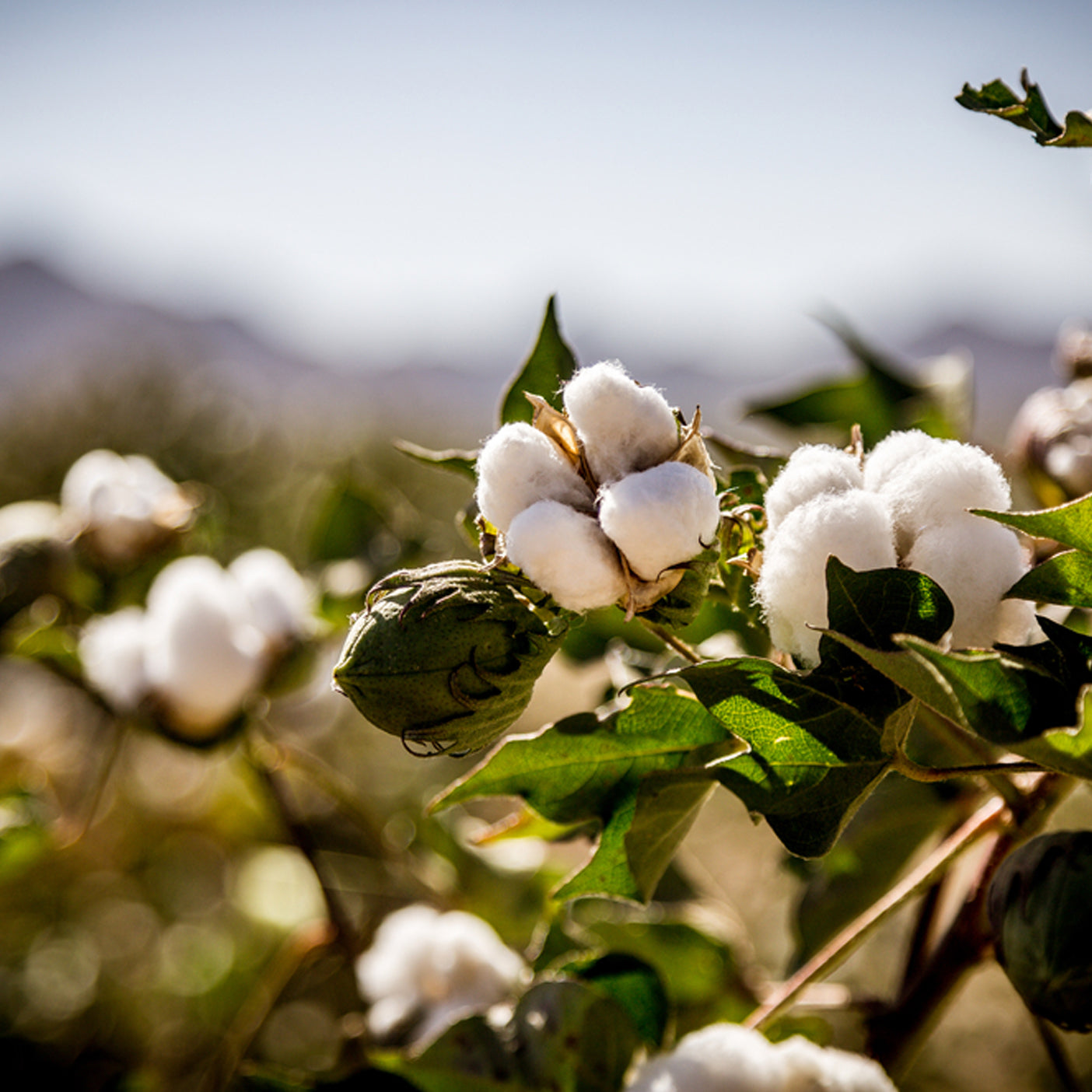
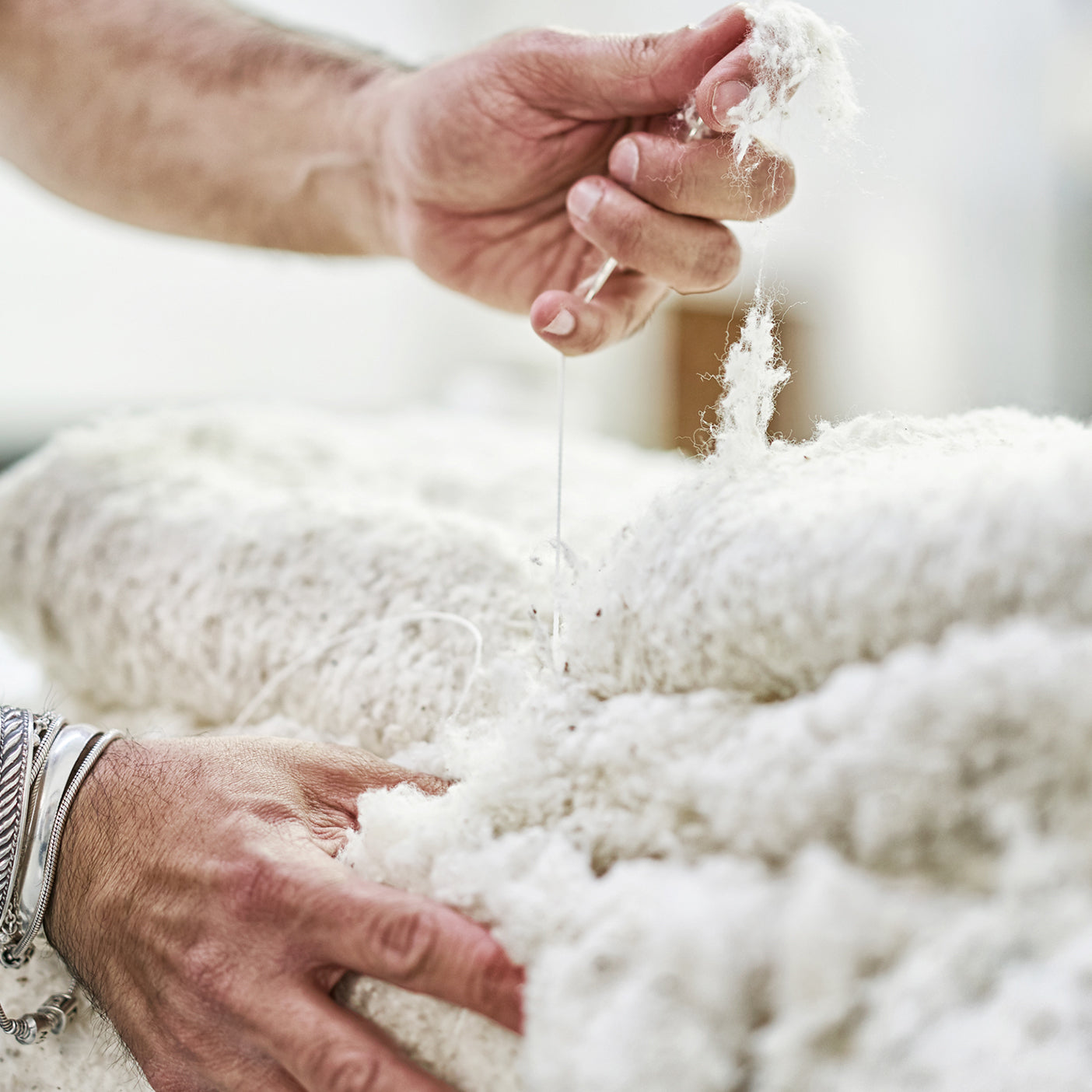
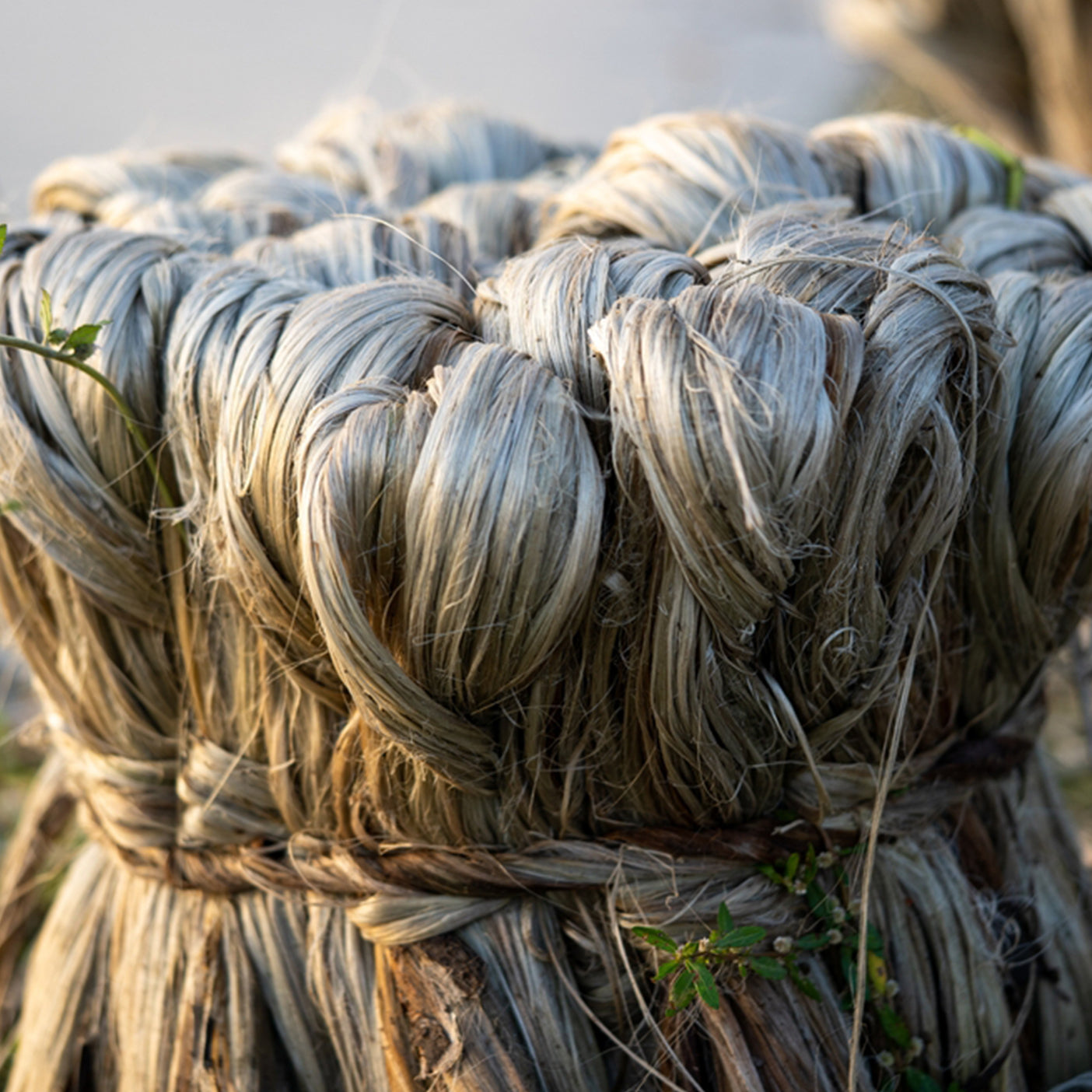
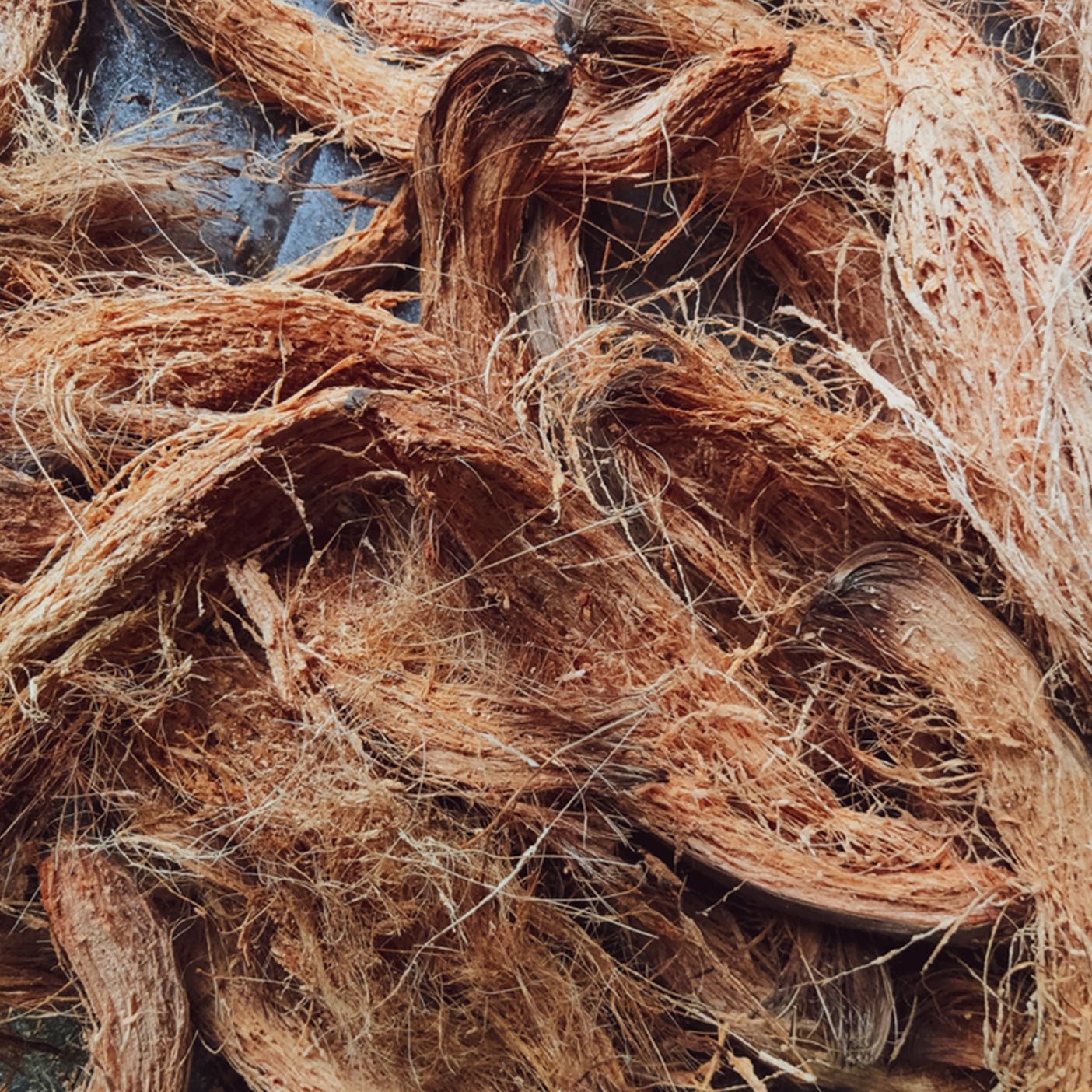
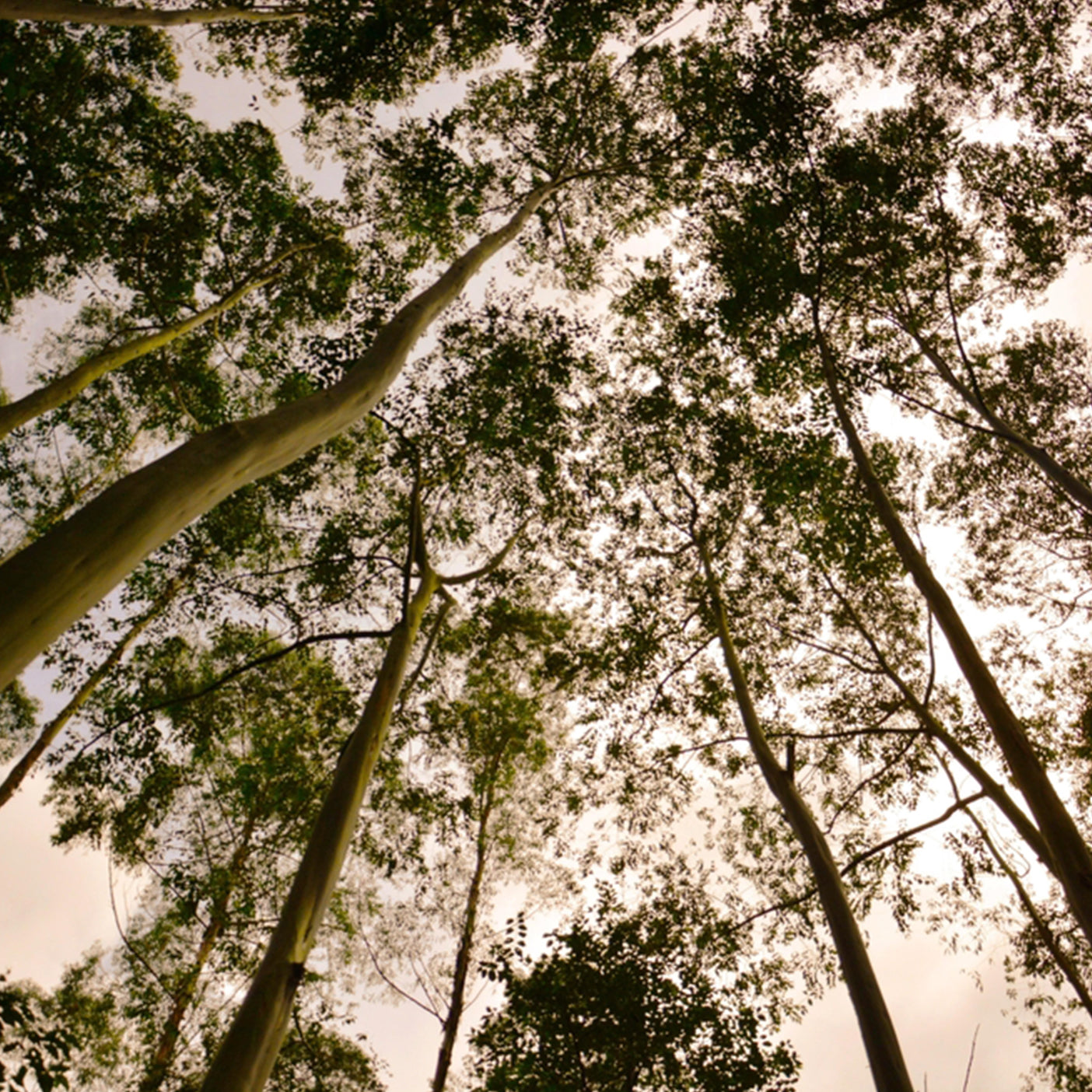
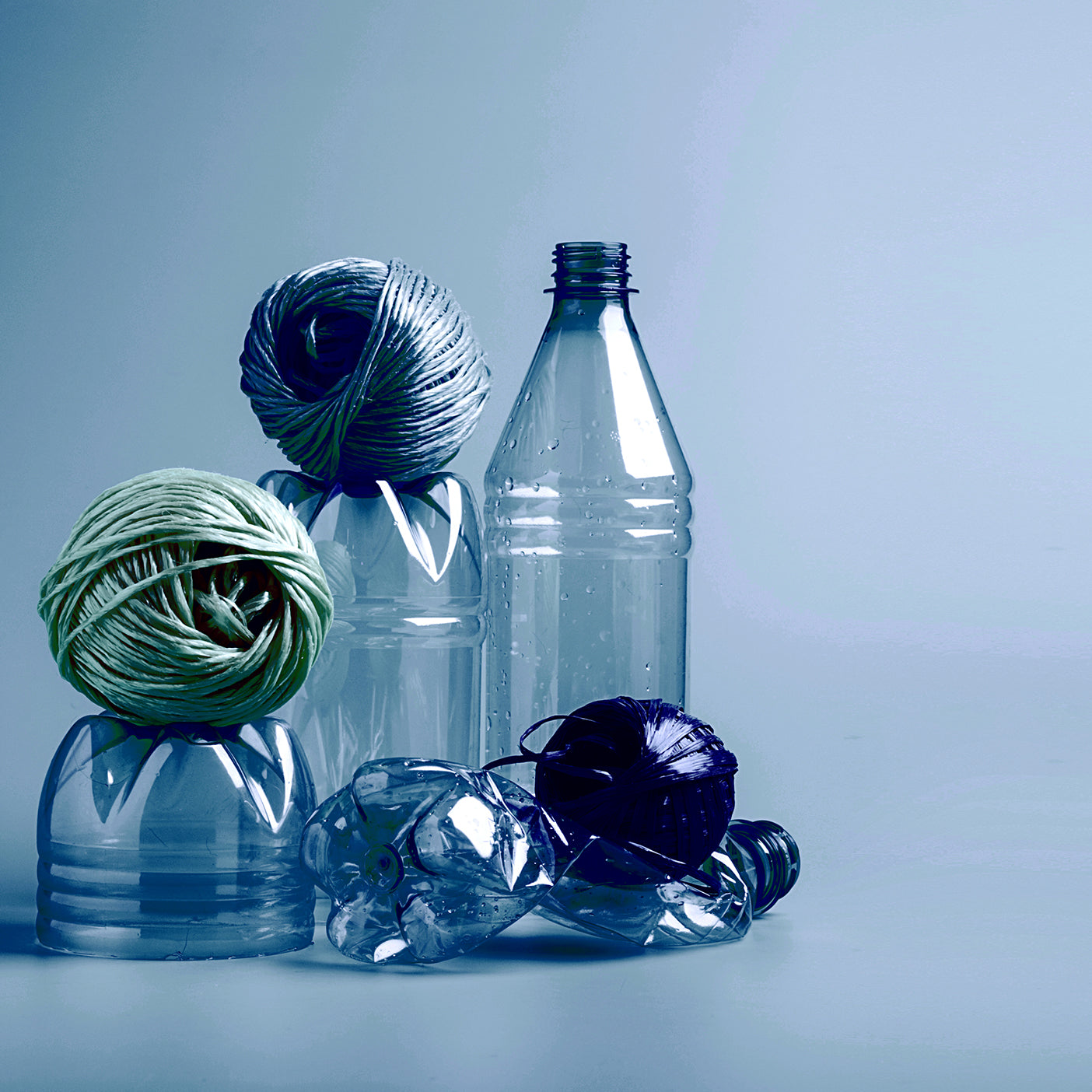

Leave a comment